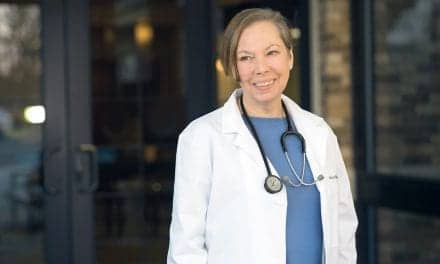Wachovia Capital Markets LLC has conducted its fifth survey of home medical equipment (HME) dealers, with special emphasis on sleep and wound care. Responses from the Q4 2008 HME Sleep & Wound Care Survey show HME providers expecting a 10% growth in sleep revenue over the next 12 months, but growth is not expected to be without challenges.
“I would certainly agree that the HMEs are probably looking at a roughly 10% increase in CPAP business next year," says Terry Murphy, director of sales, North and South America, at Embla. "As a manufacturer of diagnostics we’re probably seeing a flatter market than that. We would see little to no growth with some shifting of revenues from traditional PSG systems to home testing devices, but not enough in one direction or the other to lead to a significant growth in the diagnostic market this year.”
In order to prepare for the market conditions and challenges, HME providers have started to make plans to manage CPAP costs under Medicare’s 9.5% cut in reimbursement rates. Wachovia’s survey found that 56% of HME providers have already begun to implement changes to lower CPAP costs. It is expected that HME suppliers will rely heavily on already existing suppliers to combat the lower reimbursement rates. According to the survey, “HMEs appear most likely to negotiate lower prices with existing suppliers and to move Medicare patients to lower cost CPAPs.”
HMEs expect private insurers to follow the lead of Medicare’s reduced reimbursement rates. Specifically, the survey found, “…81% of HMEs expect private insurers to cut reimbursement based on Medicare’s cut.”
On a more positive note, the Wachovia research shows that, thus far, the impact of the credit crunch and worldwide downturn in the economy has had a minimal effect on the HME sleep industry. “Most (57%) of HMEs have reduced inventories to conserve cash though only a minority (20%) have seen more difficulty in borrowing money. On average, HMEs indicated that 15% of CPAP purchases are ‘out of pocket’ and 12% have seen a major decline in ‘out of pocket’ purchases in the past 3-6 months,” states the survey.
“In regards to concerns over the economy in general, and certainly with discretionary income, you’ve got more people out of work, and that means more people without insurance," Murphy says. "You have in the older populations people on fixed incomes who were supplemented with their investments. Those investments aren’t providing that supplemental income to the same degree. Whether it is reasonable or not, most people still see things like diagnostic sleep testing and the therapies associated with it as an elective." Despite this, Murphy says that in many ways, the sleep industry is in better shape than other struggling markets. "People are always going to get sick," he says. "People don’t always need to buy a new car. When you’re sick, you still need help. Medicine has always been somewhat recession-proof in that regard. While there may be a reduced call for sleep studies by and large, there is enough of a backlog that people won’t feel it.”
The Q4 study included 190 HME providers who submitted responses to the survey throughout the month of October 2008.
Related article




